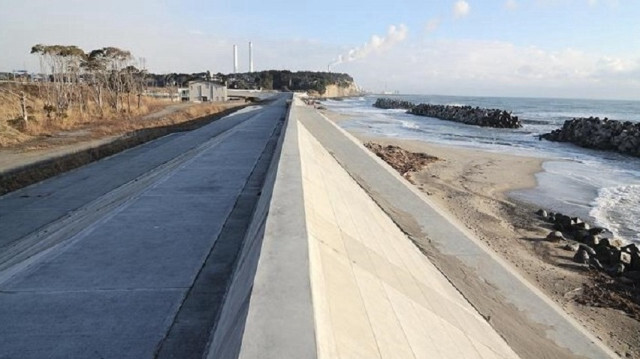
Fish markets remain empty as controversial water discharge ignites concerns over seafood industry, environmental risks
South Korean fish markets remained empty on Thursday after Japan released the Fukushima nuclear plant water into the sea.
Ignoring opposition from fishing communities and China, Japan began releasing treated nuclear waste from the crippled Fukushima power plant into the sea.
Jagalchi Market, the renowned seafood market in Busan province of South Korea, and the nearby Millak Raw Fish Town were nearly empty, Seoul-based Yonhap News reported.
"It used to be busy around 10 a.m. and between 5 p.m. and 7 p.m. even when business was slow, but these days the market is nothing but an empty autobahn without visitors," the Yonhap News cited a seafood seller.
“I feel frustrated when thinking about going to the seafood auction tomorrow. Seafood consumption, I think, has shrunken by a quarter, and the prices may go even lower," another seafood seller in the market said. "I don't know how to go on anymore."
The water discharge began around 1 p.m. local time (0400GMT), triggering concerns over seafood industry and environmental risks.
In the first phase, the operator Tokyo Electric Power Company (TEPCO) will dilute around 7,800 tons of the treated water with seawater and the diluted water will be released over 17 consecutive days.
"The government will take full responsibility, even if it takes decades," Prime Minister Fumio Kishida said earlier in the week, Tokyo-based Kyodo News reported.
International Atomic Energy Agency has said the release of the nuclear waste would have "negligible radiological impact on people and the environment" but refused to endorse Tokyo’s decision.

